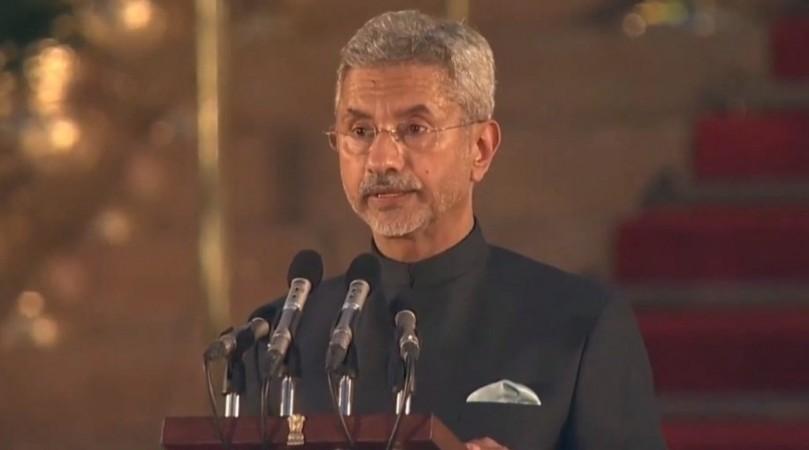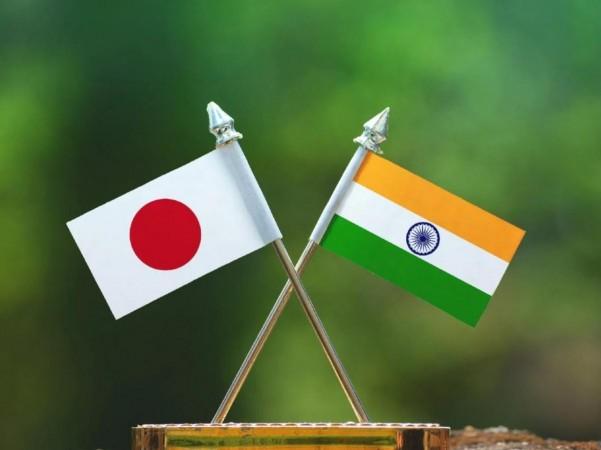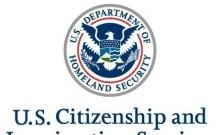
Getting the economy back on the track is going to be a massive challenge. Comparable only to the pandemic. With the discouraging statistics to do with economy and growth, making it to headlines in the past few weeks, the FICCI-SAM knowledge report comes as a renewed ray of hope. Launched on Friday, the report is titled India—Japan: Time to Seize New Opportunities.
Manish Singhal, deputy secretary general, FICCI, set the ball rolling, by interpreting the report as more than just an economic effort.
He said, "The report indicates our endeavour to foster greater economic linkages with the premiers of both countries having shared a vision of treating each other as a strategic partner and also participant in each others' global value chains."
Taking over from him, Dr Sangita Reddy, President, FICCI, said that the report was an effort to further supplement the endeavour of Indian government to making India an integral part of the global manufacturing value chain in partnership with Japan. She said, "It captures the recent policy reforms by the GoI, including policies and regulatory environment required to nurture this economic relationship further."
Shardul S Shroff, executive chairman, Shardul Amarchand & Mangaldas, highlighted the much larger significance of Japan India relations. "Report sets out the changing investment culture and requirements of the global economy and its impact on the relationship between Japan and India particularly in the light of the US-China trade war and Indo-China standoff on its border and the pandemic."

India-Japan relationship, the numbers involved
Japan is one of the largest investors in Asia and particularly in India and China. The partnership has grown leaps and bounds over the past few years due to leaps and bounds. In the FY 2018-2019, Japan's FDI in India was about $2,965 million and it rolls up to $3,225 million in the FY 2019-20. In the wake of the pandemic companies across the globe, including Japanese companies are considering diversification and derisking strategies to set their manufacturing bases and value supply chains in SE Asian countries other than China.
Both the governments have taken various initiatives such as introduction of Indian Japan digital partnerships, Japan plus information technology corridor in Japan, setting up Japanese industrial townships in India, the GoI has identified potential sectors for Japanese investment in India such as infrastructure, railways, food processing, electric vehicles, pharmaceuticals, IT and artificial intelligence among others. GoI has offered preferential tax rates, reduced corporate taxes.
Key points, lessons to drive home
Joining in at the launch was Toshihide Ando,Charge de affairs, Embassy of Japan. Dr Subrahmanyam Jaishankar, External Affairs Minister, Government of India, cited the instance when Maruti Suzuki came to India and when metro were introduced in Delhi. As an example of successful knowledge sharing and partnership between the two countries.
"If there are two key words which probably everybody in the world would be focused on, it's recovery and resilience and I can't think of two more important countries and trusted partners to have that discussion. This report even in other circumstances would have been very valuable, it is timely in the situation in which we find ourselves in." He added, "I had a chance to go through this report, I found it quite interesting for someone conversant with this relationship. I would recommend it to everybody else, there is not just policy prescription but a lot of wisdom there which people would find useful."
The minister also shared a few words about fruitful India Japan relations. "The Indian Japanese leaders when they meet and talk the breadth of conversations range from regional issues to global challenges. The landscape for interaction has become broader. Each country perceives the others development as a strategic to their own calculation. There are more conversations, broader agenda, larger playing field. It has got complexity and substance. Defence and security relationship has progressed remarkably well and remarkably fast."
Japan & India's aatmanirbharta
Jaishankar also added that Chapter 5 of the report captures a lot of policy changes the government has introduced in the last few weeks and months and how post-Covid India would most certainly be a more worthwhile place to do business.
"The pandemic has highlighted health security as an important aspect of national security, supply chain security as integral elements of national security." When we look at Japan, it's such an important partner. Japan is also the great inspiration for modernisation in India. They are the pioneers of Aatmanirbharta. At the end of the day thinking behind that is something Japanese should relate to. "The report is partly a roadmap, partly course correction, partly a reflective piece on doing better," he concluded.

















